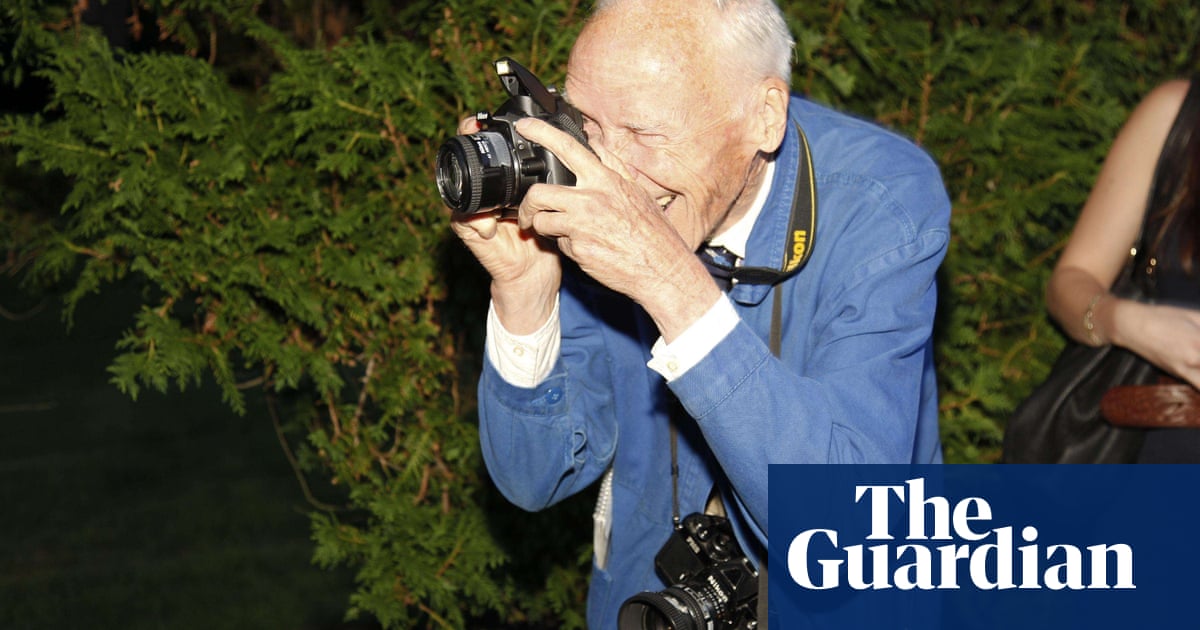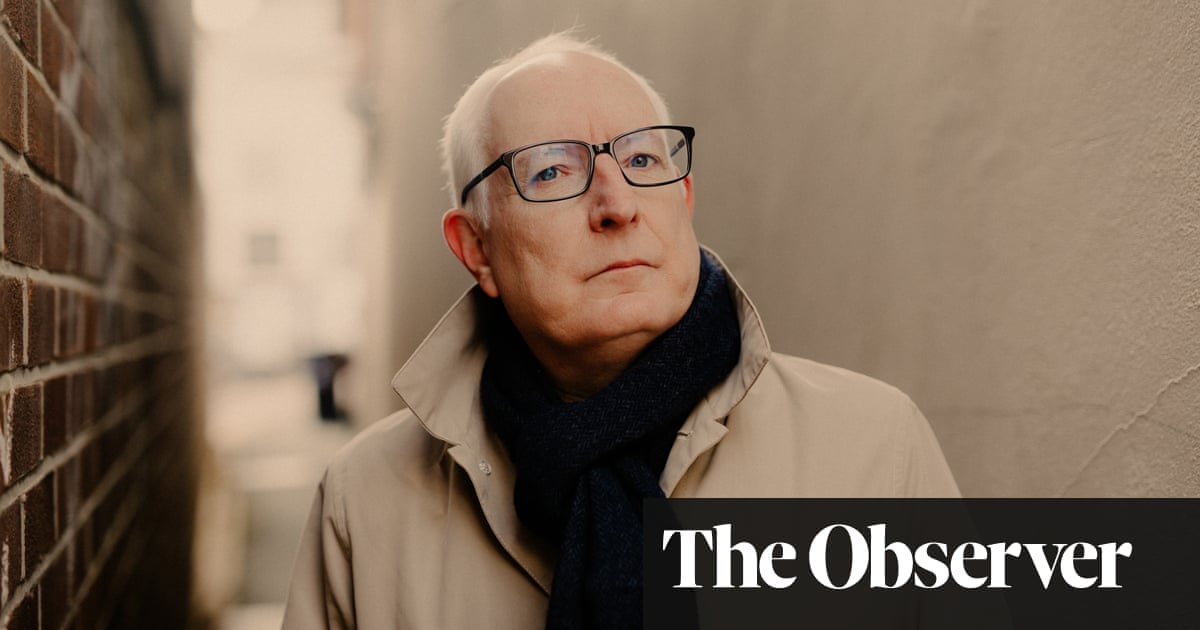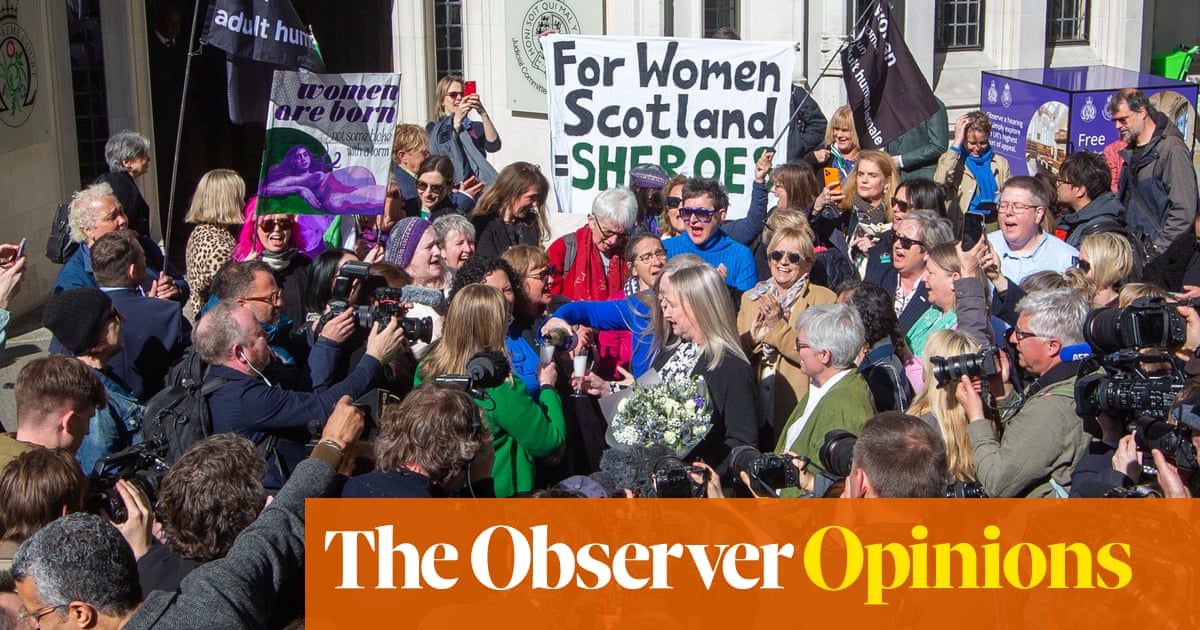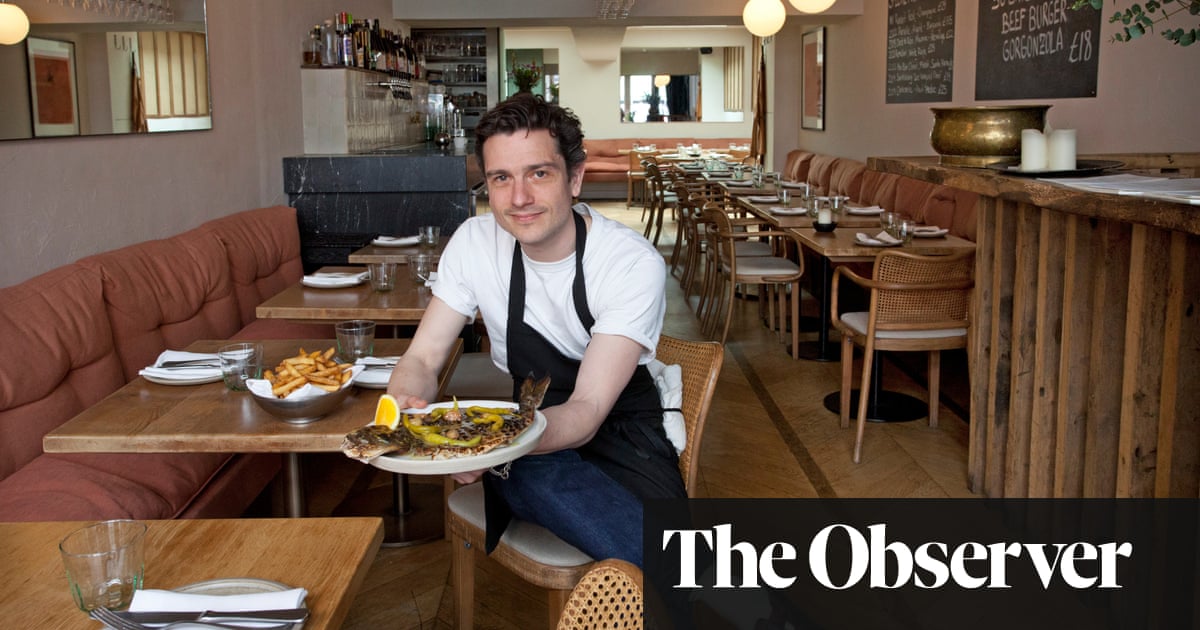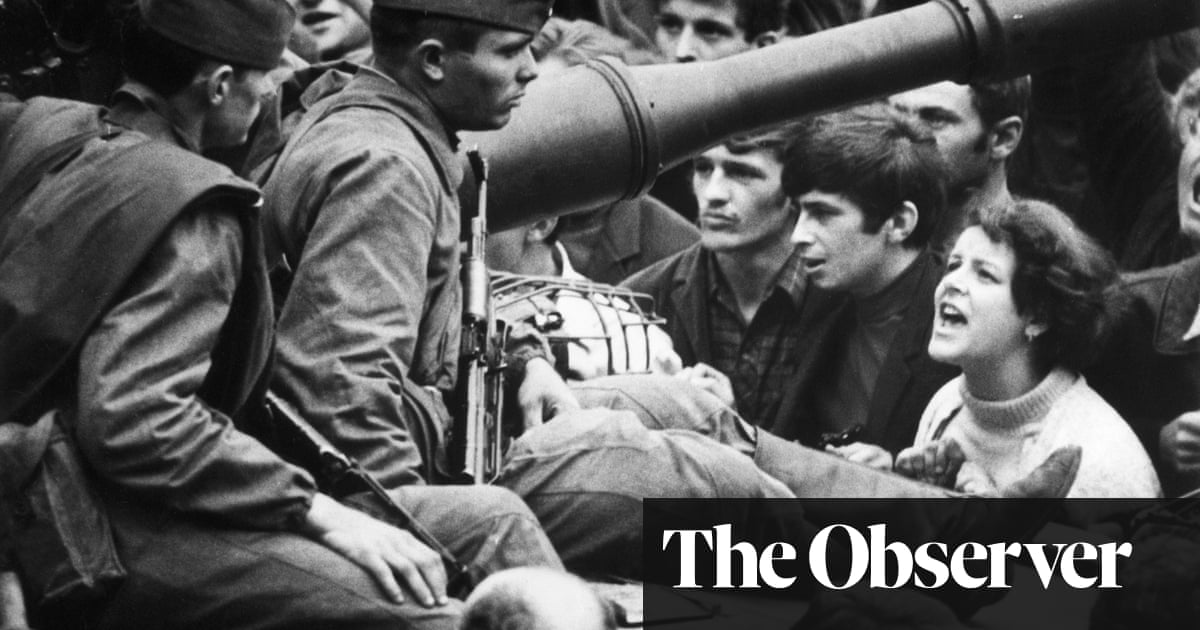Series three of The Traitors begins with an utterly gutting twist. Well, technically it begins with Claudia Winkleman opening a drawer of identical pairs of red fingerless leather gloves while conversing with an owl (yes, the show’s ludicrously camp Highland gothic vibe is still in full swing), but after that it’s emotional disembowelment all the way.
As per tradition, a new cohort of players meet on a steam train, where they merrily bond. Unlike previous series, however, this journey is a test: there are 25 passengers on board, announces Winkleman over the public address system as the train slows to a standstill, but only room for 22 contestants on the show itself: each of the three carriages must eject one person or lose up to £10,000 from the prize fund. Everyone sits in awkward silence until three noble souls take one for the team and clamber on to the tracks. Surely this can’t really be the end of the game for our self-sacrificial trio? Is there no reward for such altruism? Is the world really so morally senseless?! Yes, as it turns out. As hope for some kind of amnesty dwindles, the message becomes crystal clear: in The Traitors, goodness gets you nowhere.
This thoroughly galling opener – all the more shocking considering the lost threesome seemed like potential all-time classic contestants – proves that after the success of series one (a word-of-mouth hit) and series two (a conversation-dominating behemoth), The Traitors is not resting on its laurels. As a study of human behaviour – of deception, manipulation, self-preservation – it remains captivating. As perhaps the best example of social experiment-style reality TV, it has cemented its place in the cultural firmament.
By now, anyone with a passing interest in reality television will be familiar with The Traitors: in an immaculate Scottish castle, Winkleman – invariably clad in some combination of tweed jacket, kilt, fingerless gloves and knitwear so ridiculously chunky that French and Saunders came out of TV retirement to parody it – secretly anoints a trio of traitors, who are tasked with murdering one of the remaining faithfuls each night. In turn, the faithfuls must sniff out and vote to banish alleged traitors during a daily roundtable ceremony. If they succeed, they will share a jackpot of up to £120,000; if there are any traitors left at the end of the show, they take home all the money.
As signposted by the opening stunt, not everything is business as usual: banished contestants will no longer reveal their traitor/faithful status as they exit the show. Whether this is progress remains to be seen, but the show has also evolved in more positive ways. Initially, part of the charm of The Traitors was its lack of cynicism: reality TV has long been dominated by wannabe influencers and manufactured drama; this series saw a truly diverse cast genuinely absorbed in the game. It still feels like the producers have chosen contestants who want the experience itself rather than a post-show bump for their socials (despite the fact that last year’s villains, Harry and Paul, now have their own podcast, while faithful Diane parlayed her popularity into a stint on Celebrity MasterChef). Yet it’s obvious even in episode one that the players are savvier when it comes to the format itself.
In previous series, rooting out traitors often amounted to random victimisation, but this year’s contestants have learned lessons and tactics. Many seem hypersensitive to the behaviour, body language and brass neck of the traitors – but they have also observed ways to fly under the radar when it comes to murders and misplaced suspicion. That’s why well-spoken Londoner Charlotte is putting on a Welsh accent (“it’s one of the most trustworthy accents”), ex-soldier Leanne is pretending to be a nail technician and 62-year-old priest Lisa is keeping her profession a secret (lying is fine because “I’m a priest, not a saint”).
For those who still believe reality TV can be truly edifying, The Traitors is manna from heaven: shedding light on how people lie and how easily others are taken in, how barely perceptible slips can give people away and how fast herd mentality and conspiracy theories can take hold has real sociological worth. There’s a sheen of niceness that still clings to the UK version (many bumbling apologies are exchanged during witch-hunts), but for all its cosy aesthetics, there’s nothing warm and fuzzy about this programme. Loyalty and kindness are invariably taken advantage of; intelligence and difference are threats to be neutralised. “It’s brutal here, isn’t it?” says Winkleman, after the first murder. It is – but that’s what makes its insights so valuable; The Traitors is just a microcosm of the real world.
The Traitors aired on BBC One and is on iPlayer now.

.png) 3 months ago
27
3 months ago
27

